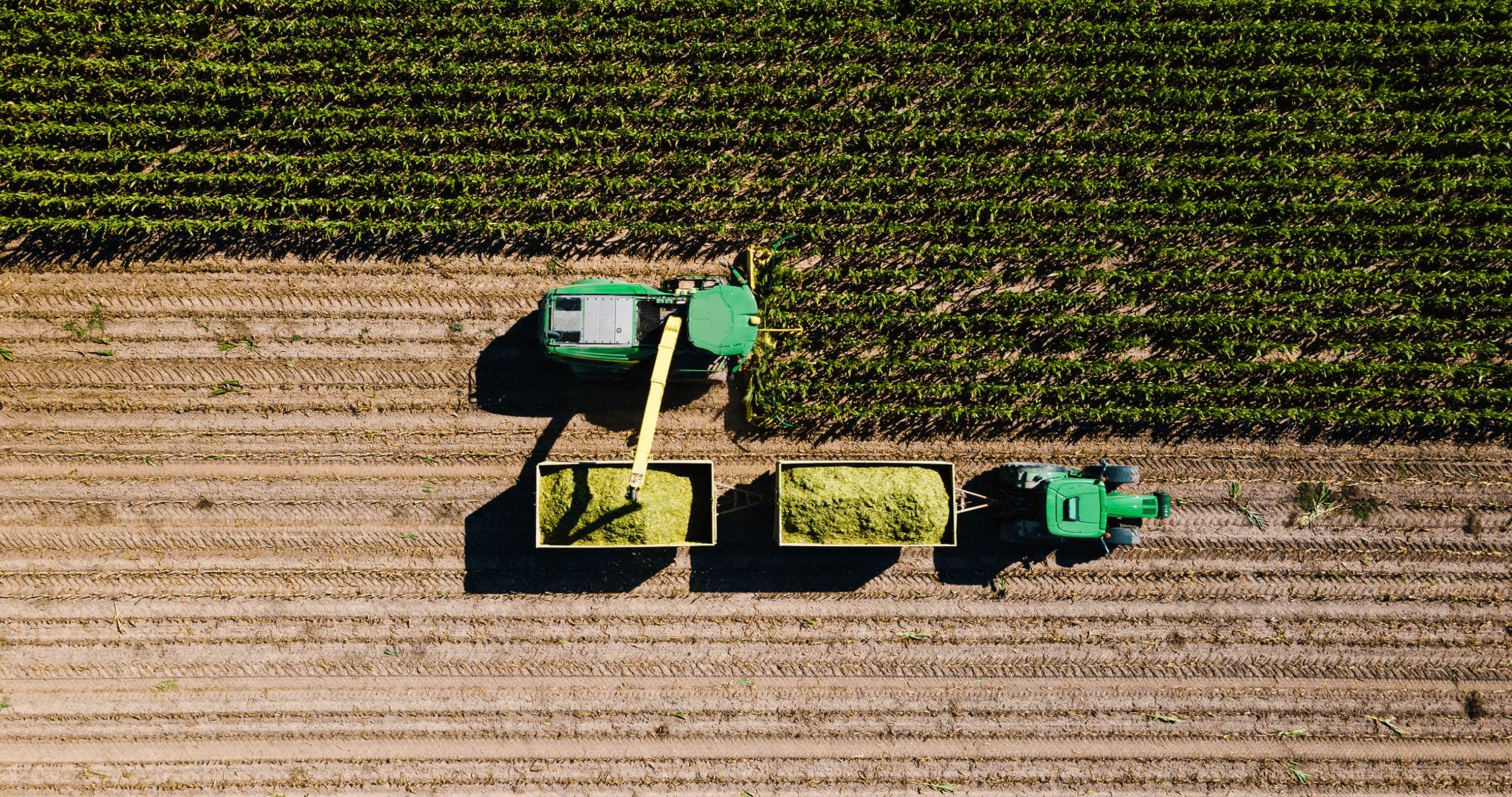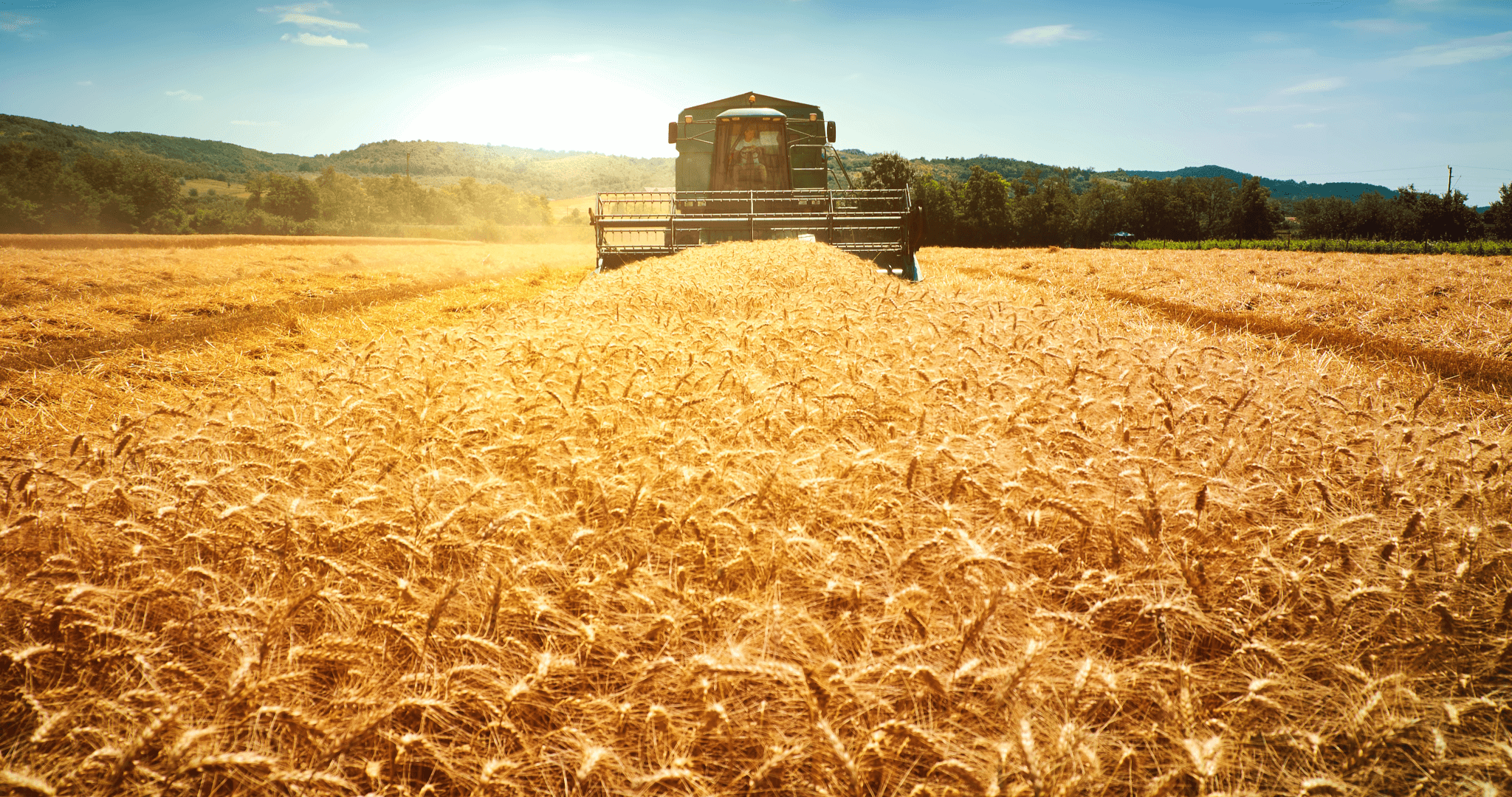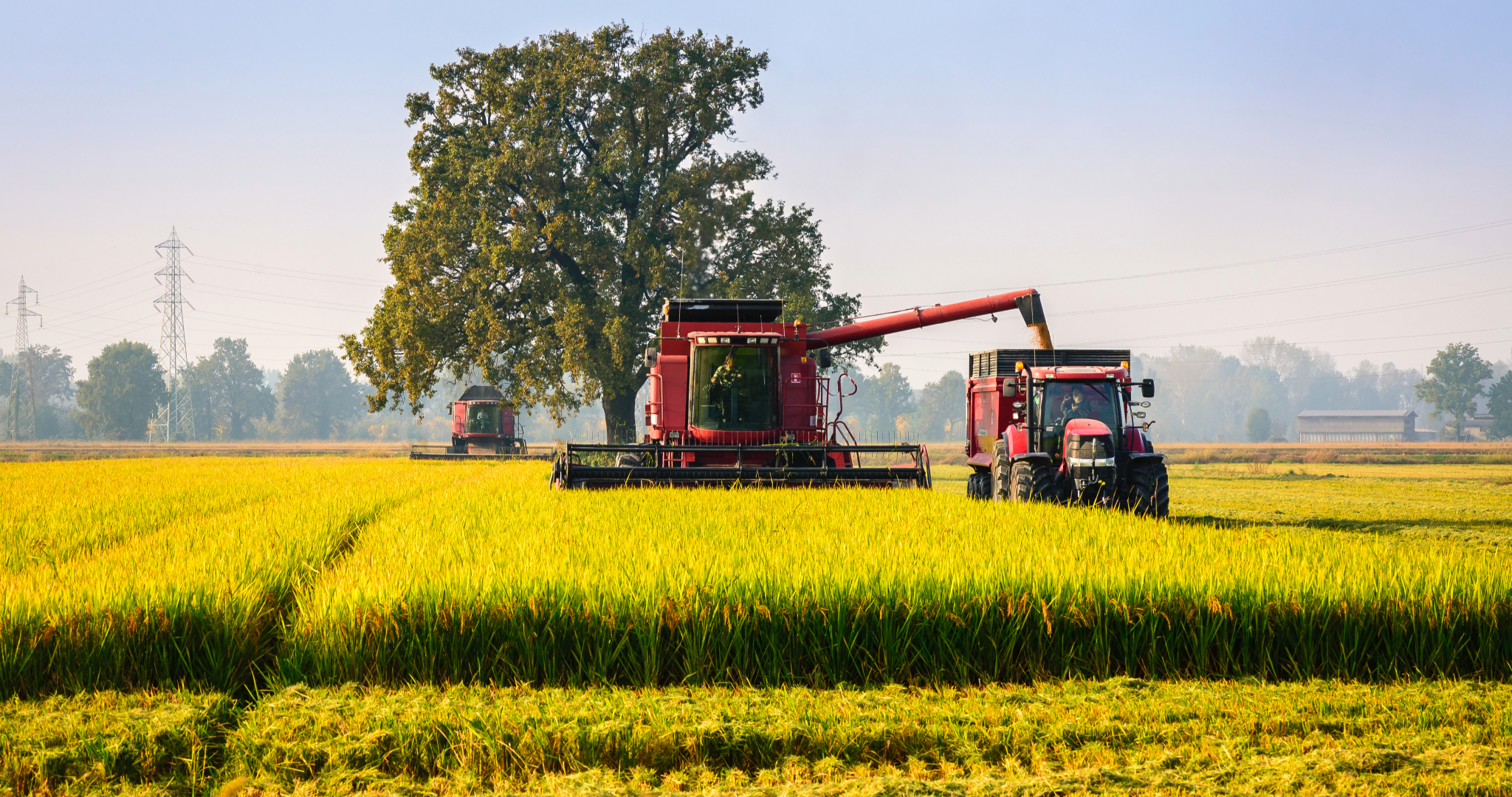Global Food Commodity Prices Set for Downturn in 2024 After Prolonged Instability
Posted by Emma on 13th Jan 2024 Reading Time:
Following a period marked by significant upheaval, global food commodity prices are anticipated to decline in 2024. This shift, ending three years of market volatility fueled by conflict, adverse weather, and escalating energy and input costs, signals a potential respite for the industry.

Rabobank, a leading specialist in food and agribusiness banking, forecasts a decrease in the prices of essential commodities such as sugar, coffee, corn, and soybeans. Increased production is expected to drive down costs, benefiting both buyers and, in many instances, consumers.
However, despite this easing of prices and improved availability, demand is projected to remain subdued. Economic challenges impact consumer behaviour, including persistently high inflation and interest rates.
Carlos Mera, Head of Agri-Commodities at Rabobank, commented on the recent turbulence in the market: "Describing the last three years of global agricultural commodity prices as volatile is an understatement." He notes that producers are still coping with the lingering effects of war, unpredictable weather, high farm input inflation, and weak consumer demand. Yet, there is a hopeful outlook for 2024, anticipating a return to normalcy.

Mera also pointed out that the changing agricultural cycles in the coming year will create both "winners and losers." He anticipates significant gains for the dairy and animal protein sectors, especially in South American markets like Brazil and Argentina, where productivity improves.
Major sugar-producing nations, including Thailand and India, expect increased production in the next harvest. This surge is set to reduce prices, which reached a 12-year peak in 2023 due to limited supply.
Despite these positive trends, the return to market stability remains contingent on various factors. The impact on consumer prices will depend on the nature and duration of contracts between buyers and suppliers. Additionally, suppliers and manufacturers face ongoing challenges with labour and energy costs, which could partially counterbalance the reduction in raw material expenses.
Moreover, Rabobank cautions that other crucial commodities, such as wheat, continue to face pressures. Adverse weather conditions in parts of South Asia and Australia, coupled with geopolitical tensions affecting Russia and Ukraine, are hampering export volumes.

In conclusion, Mera states, "It won't be plain sailing, but the more positive outlook for most agri commodities should lead to relief for buyers." He acknowledges the widespread challenges governments, businesses, farmers, and consumers faced over the past few years. While it's premature to celebrate a full recovery, the trend towards lower inflation in agricultural commodities offers a more optimistic scenario than in previous years.

